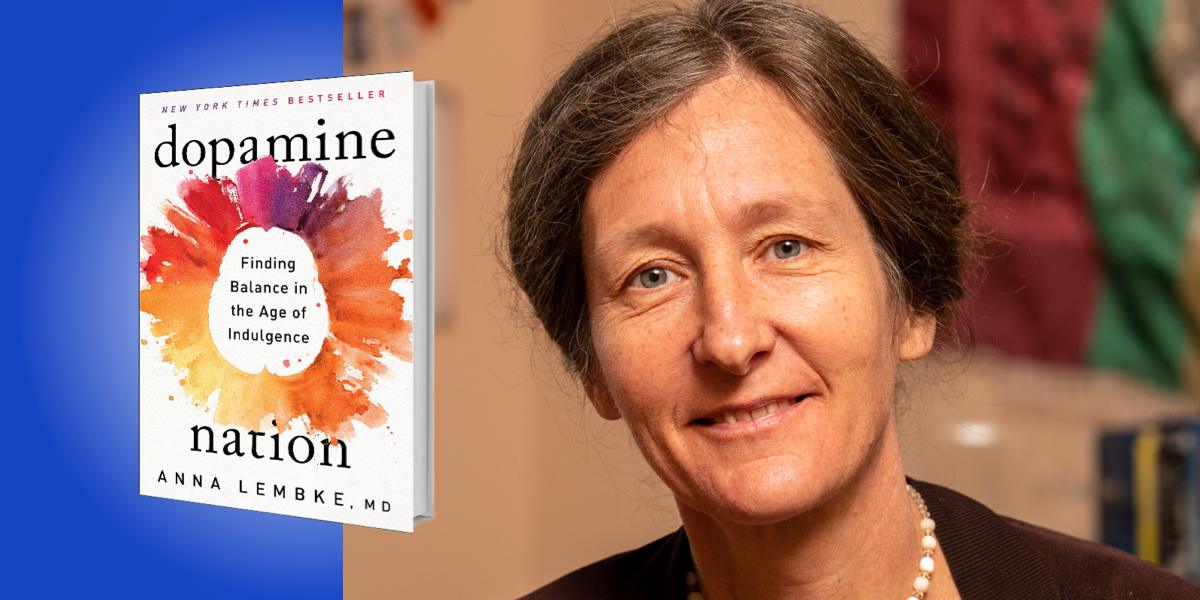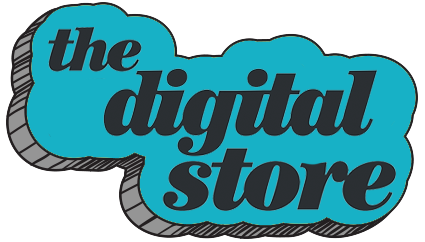Beat the creative industry's seven deadly sins with these brilliant books
Repent! We identify seven deadly sins for creatives and suggest books to help you avoid them for the good of your career.
Halloween is approaching, putting devilish thoughts and deeds in the spotlight. But just like society as a whole, the creative industry has its own version of the seven deadly sins.
No, we're not talking about the misuse of Comic Sans or ending filenames with .final.final.final.psd. We're talking about the kind of behaviour and attitude toward your colleagues and collaborators that doesn't just make you a bad person but can potentially end up harming your creative career.
Adjusting how we think and act towards others might sound like an easy task, but in practice, it's anything but. The negative emotions that drive us, from jealousy to greed, are very powerful. And often, it's only when we truly understand our own psychology and get expert guidance on how to change that a breakthrough can occur.
With that in mind, we've selected seven useful books to help push us in the right direction. They're all written by experts in their fields, and they all contain insights and ideas that you probably won't have thought of... and could change your life radically. We've also included links to buy them via Bookshop.org, which supports independent bookshops rather than Silicon Valley billionaires.

1. Lust – The Selfish Gene by Richard Dawkins
Creative deadly sin: Lusting after power and not caring for anyone else.
We like to think of the creative community as caring, sharing and supportive. And on the whole, it is. But we've all worked with people who are only in it for themselves and happy to screw others over in the process. Maybe, if you're honest, that's at times included you.
If that's the case, some self-examination may be in order. But fundamentally, the key to recognising what drives us and motivates us lies in understanding how evolution has brought us here and designed us to think this way.
This classic book by evolutionary biologist Richard Dawkins explains all that clearly and precisely. Once you see everything in your life from a gene's-eye view, you'll realise exactly why you did those seemingly irrational things and made those supposedly dumb decisions, and you will be better equipped to be a better person in future.
2. Gluttony – Dopamine Nation by Dr Anna Lembke
Creative deadly sin: Getting caught up in things that aren't good for you.
We're living in a time of unprecedented access to high-reward, high-dopamine stimuli. Not just the traditional things like food, nicotine, booze and drugs. There's also online gambling, digital shopping, gaming, texting, sexting, Facebooking, Instagramming, YouTubing, and tweeting.
In short, anyone seeking a dopamine hit doesn't have far to go. But when that hit wears off, you just want another, and another, and another.

In Dopamine Nation, psychiatrist Dr Anna Lembke explores the scientific reasons our relentless pursuit of pleasure leads to pain and offers advice on how to break the chain. This is an easy read that condenses complex neuroscience into easy-to-understand metaphors and gives practical advice on keeping dopamine in check. It also tells the stories of real-life patients, giving us all hope for managing our consumption and transforming our lives.
3. Greed – The Psychology of Money by Morgan Housel
Creative deadly sin: An endless craving for money that grinds you down.
Saint Paul is often misquoted as saying that money is the root of all evil. But it was actually the love of money he was calling out. After all, we all need money to live. It's just that when you're so focused on money, you lose sight of everything else, and that becomes a problem.
Books on the subject of money generally focus on financial management as a math-based field, where data and formulas tell us exactly what to do. But in the real world, that doesn't always translate into happiness or fulfilment.
In The Psychology of Money, financial writer Morgan Housel takes a different approach; Wall St Journal called it "one of the best and most original finance books in years." Instead of charts and diagrams, the authors share 19 short stories exploring the strange ways people think about money and teaching you how to make better sense of it.
Full of interesting ideas and practical takeaways, this book will help you reassess what money means to you and make better decisions in the future.
4. Sloth – Getting Things Done by David Allen
Creative deadly sin: A lack of motivation for your work and creativity.
Sloth is probably the most self-defeating of the deadly creative sins. And yet we all experience a motivation slump at some point in our career. If you're going through one right now, this book could be what you need to get you back up and running.

After it was first published in 2001, David Allen's Getting Things Done quickly became the business world's go-to book on personal organisation. 'GTD' became shorthand for an entire way of approaching professional and personal tasks and spawned an entire culture of websites, apps, seminars, and learning programmes.
In 2015, the author rewrote the book from start to finish, tweaking his classic text with important perspectives on the new workplace and adding new material to make the book fresh and relevant.
Admittedly, GTD as a life philosophy has recently come under question, most notably by Oliver Burkeman in Four Thousand Weeks; one of our best business books for creatives in 2022. But even if you're with the sceptics, this book is still a great starting point for getting out of a funk.
5. Wrath – Atomic Habits by James Clear
Creative deadly sin: Anger that becomes a habit and consumes your creative energy.
As John Lydon once sang, "anger is an energy". Rage at past wrongs or personal slights can help drive you forward creatively and in your career. But that's only one side of the story. If anger becomes a habit, it can just wear you down mentally and physically. And left unchecked, this can rob you of your drive rather than fuelling it.
The best way to break a bad habit is to create good ones, which can be just as powerful once they are in. James Clear has spent years honing the art and studying the science of habits, and in Atomic Habits, he explains exactly how minuscule changes can grow into life-altering outcomes.
To help you achieve this in practice, he outlines simple life hacks, including Habit Stacking, the Two Minute Rule, and the trick to entering the Goldilocks Zone. And he delves into cutting-edge psychology and neuroscience to explain why they work. He also tells inspiring stories of Olympic gold medalists, leading CEOs, and distinguished scientists who've used the science of tiny habits to stay productive, motivated and happy.
6. Envy – Ultralearning by Scott H. Young
Creative deadly sin: Being jealous of others' success rather than building your own.
We've all done it: honed in on a fellow creative's success and fallen victim to the green monster. Jealousy is a powerful emotion, and none of us is immune. But rather than wallowing in it, it's better to turn it into something positive. This book can help you do so.
Author, podcaster and programmer Scott Young believes that if you want to accomplish more and stand apart, you need to become what he calls an "ultra-learner". In his book, he documents the methods he and others have used to do so and explains the nine principles behind every successful ultra-learning project.
He also shares stories of other ultra-learners like himself, such as Nigel Richards, who won the World Championship of French Scrabble without knowing French. And he shows that far from being an obscure skill limited to aggressive autodidacts, ultra-learning is a powerful tool anyone can use to improve their career, studies and life.
7. Pride – The Culture Playbook by Daniel Coyle

Creative deadly sin: Thinking you're better than others and not being a team player.
Pride means thinking you're better than everyone else. Good luck, then, when things go wrong, and you need the help of all those people you've been looking down your nose at. As they say, pride comes before a fall.
To avoid that situation, especially in the collaborative environment that is the modern creative industry, you need instead to think and work as part of a group. And The Culture Playbook offers a clear path to embracing this new direction.
Author Daniel Coyle has spent the last six years studying and consulting with some of the most successful groups on the planet, including Pixar, Navy SEALS Team 6 and others. Here, he distils his findings into 60 concise, actionable, scientifically proven tips for building safety, generating trust, and establishing purpose.
Source: Creativeboom.com
